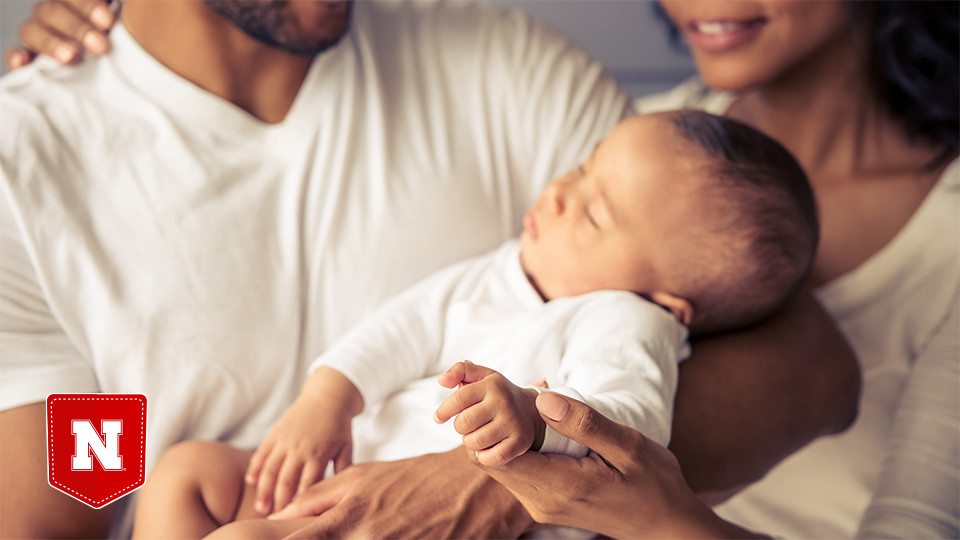Deann Gayman, March 4, 2020
Who has most sway over choice to be parents, him or her? Or both?
Welcome to Pocket Science: a glimpse at recent research from Husker scientists and engineers. For those who want to quickly learn the “What,” “So what” and “Now what” of Husker research.
What?
Scientists examining pregnancy desires and intentions among heterosexual couples have produced competing hypotheses regarding who has the most influence over the decision to have a baby or not. Some hypothesize that men hold the most influence, while others believe women hold more power or that both have equal say.
Husker sociologists took this question head-on in a new study in the Journal of Family Issues, examining his and her fertility desires, intentions and subsequent births to see who may have more sway. The findings suggest it depends on whether or not the couple already has children.
So what?
The study, led by alumna Colleen Ray, along with Nebraska scholars Sela Harcey and Julia McQuillan, found that for couples who didn’t have children at the start of the survey study — or wave one — women’s desires had stronger associations with having a child or not by wave two of the study (about 3 years later).
But the sociologists also found that for couples who already had a child, men’s desires had stronger associations with having a subsequent child or not and influenced both partner’s fertility intentions.
Now what?
The study demonstrates that reproduction among heterosexual couples is not simply “her” or “his” choice. Instead, desires associated with subsequent births depend upon initial parental status.
The study’s authors said that with a larger sample and more waves of data, it would be possible to assess if men’s or women’s desires have stronger associations with having even more children or not.






